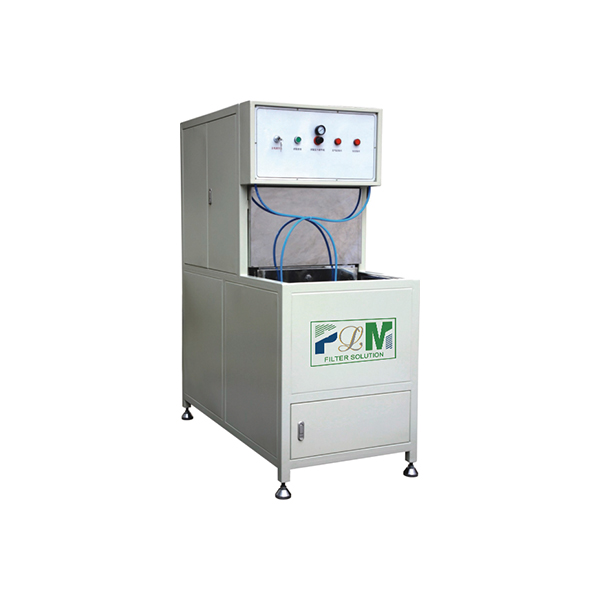Aug . 07, 2024 15:15 Back to list
High-Quality Water Filter Fabric for Effective Filtration and Purification of Water Sources
The Importance of Water Filter Cloth in Modern Filtration Systems
In an age where clean and safe water is more critical than ever, the role of effective filtration systems cannot be overstated. One of the essential components of these systems is water filter cloth, a material that plays a pivotal role in ensuring the purity and clarity of water across various applications. This article explores the characteristics, applications, and benefits of water filter cloth, underscoring its importance in modern filtration processes.
What is Water Filter Cloth?
Water filter cloth is a filtration medium made from various materials, including polyester, polypropylene, and nylon. The choice of material often depends on the specific requirements of the filtration system, such as the type of contaminants to be filtered out and the temperature range of operation. These cloths are typically woven or non-woven fabrics designed to retain solid particulates while allowing water to pass through.
Characteristics of Water Filter Cloth
One of the key characteristics of water filter cloth is its porosity. The pore size can vary significantly, allowing the cloth to target specific contaminants based on the filtration needs. For example, a finer mesh may be used to filter out smaller particles like sand, silt, or algae, while a coarser cloth is more suited for larger debris. Durability and chemical resistance are also important factors, especially in industrial applications where harsh chemicals may be present.
Additionally, water filter cloth often possesses anti-bacterial properties, reducing the potential for microbial growth on the cloth itself. This feature is particularly beneficial in drinking water applications, where hygiene is of utmost importance.
Applications of Water Filter Cloth
The applications of water filter cloth are vast and varied. In the municipal water treatment sector, it is commonly used in the filtration of drinking water, where it ensures that harmful contaminants are effectively removed. In industries such as textiles, pharmaceuticals, and food and beverage production, filter cloths are essential for maintaining product quality by removing impurities from water used in manufacturing processes.
water filter cloth product

Moreover, in the agricultural sector, water filter cloths play a crucial role in irrigation systems, helping to prevent clogging caused by sediment and debris
. In aquaculture, they are used to maintain water quality in fish farms, ensuring that fish thrive in clean environments.Benefits of Using Water Filter Cloth
The installation of water filter cloth in filtration systems offers numerous benefits
1. Enhanced Water Quality The primary advantage is the significant improvement in water quality. By removing harmful particles and contaminants, filter cloths ensure that the water used for various applications is safe and clean.
2. Cost-Effective Filter cloths are relatively inexpensive compared to other filtration technologies. They can be easily replaced and require minimal maintenance, making them a cost-effective solution for businesses and municipalities alike.
3. Environmental Impact Using water filter cloth helps in preserving natural water resources by reducing pollution. Cleaner water discharges contribute to healthier ecosystems and reduce the burden on wastewater treatment facilities.
4. Versatility With a wide range of materials and pore sizes available, water filter cloth can be customized for various applications, making it a versatile choice in filtration.
In conclusion, water filter cloth is an indispensable component of modern filtration systems, playing a crucial role in ensuring clean and safe water across various applications. Its adaptability, efficiency, and cost-effectiveness make it a favored choice in a world increasingly focused on sustainability and health. As we continue to face water quality challenges globally, the importance of reliable filtration systems, including the use of water filter cloth, will only grow in significance.
-
Premium Active Carbon Air Filter for Air Purifier | Odor & VOC Removal
NewsAug.23,2025
-
Active Carbon Air Filter for Air Purifier - Superior Odor Removal
NewsAug.22,2025
-
Premium Active Carbon Air Filter for Air Purifiers - Odor Removal
NewsAug.21,2025
-
Premium Acrylic-Resin Air Filter Paper in Roll | High Efficiency
NewsAug.19,2025
-
PLAB-6 A B Two Compounds Filter End Cap Gluing Machine-Hebei Filter Man|Precision Gluing,Automated Production
NewsAug.18,2025
-
PLAB-6 A B Two Compounds Filter End Cap Gluing Machine - Hebei Filter Man Automotive Parts Trading Co., Ltd | Adjustable Gluing Parameters, Automated Precision
NewsAug.18,2025
